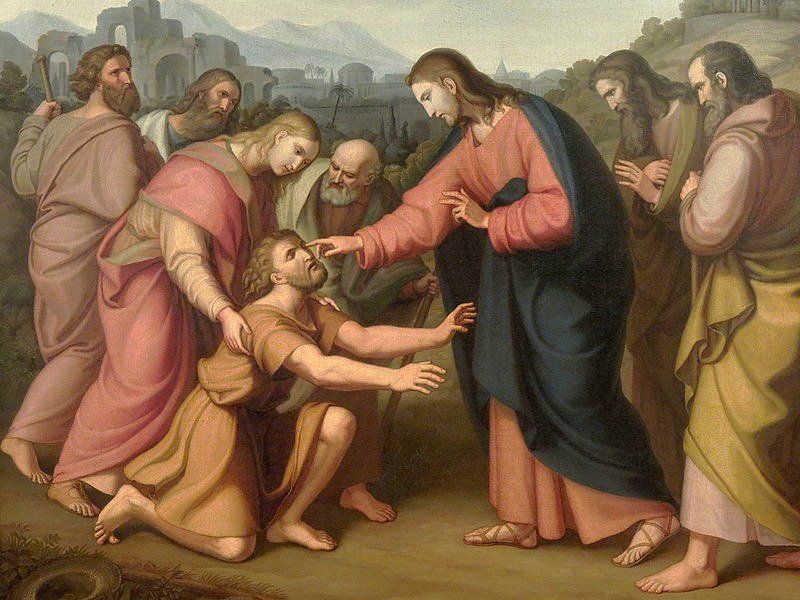Message of Abbot Paul - Friday 2nd December 2022
Abbot Paul • December 2, 2022


Yesterday I wrote briefly about the will of God and obedience. Forgive me if I return to these two words in order to make clear what I mean. The English word obedience derives from the Latin verb audire which simply means to listen or to hear. The compound oboedire means to listen carefully, to comprehend and carry out what is said. For a Christian that is done out of love, returning love for love, loving someone so much that we want to do with all our heart what it is they have expressed in the word that we have listened to. Within the dynamic of the Holy Trinity, it is love that is expressed and generated, so that the Son is nothing other than the Son loving the Father as deeply and as fully as possible and the Father in the Spirit returning love for love. In this love there is no coercion, let alone anger or even a power struggle. The will of God, then is what is best for us, the way in which the Father expresses his love for us, and our obedience is the deepest expression of our love and devotion for him.
Today’s Gospel comes from Matthew, (Mt 9: 27-31), and is a short account of the healing of two blind men by Jesus. “As Jesus went on his way two blind men followed him shouting, ‘Take pity on us, Son of David.’ And when Jesus reached the house, the blind men came up with him and he said to them, ‘Do you believe I can do this?’ They said, ‘Sir, we do.’ Then he touched their eyes saying, ‘Your faith deserves it, so let this be done for you.’ And their sight returned. Then Jesus sternly warned them, ‘Take care that no one learns about this.’ But when they had gone, they talked about him all over the countryside.”
The two men shout in unison, “Take pity on us, Son of David.” Unlike the criminals crucified either side of Jesus, the two blind men are united in their plea for mercy and pray for each other. Although they do not ask specifically for their sight to be restored, nevertheless Jesus tests their faith by asking them if they believe he can do this, to which they reply together, “Sir, we do.” Jesus declares their faith to be the healer as he touches their eyes. Matthew tells us that their sight returned. As always happens, the more Jesus tells those healed not to publicise the fact, the more they do, so that everyone everywhere ends up speaking of Jesus and praising God’s work accomplished in him









